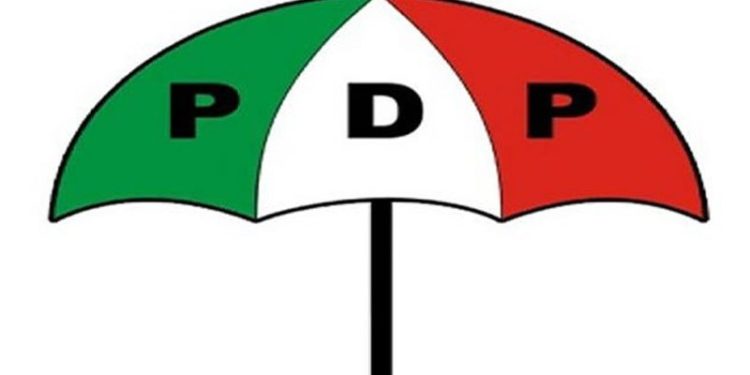Donald Trump’s second term as the 47th President of the United States could spell economic and health challenges for Nigeria, warns Professor Godwin Oyedokun of Lead City University, Ibadan. Speaking in an exclusive interview, Oyedokun analyzed the potential consequences of Trump’s key policies on oil production, immigration, foreign aid, and global health.
Trump’s decision to ramp up U.S. oil production is particularly concerning for Nigeria, whose economy relies heavily on crude oil exports, accounting for over 80% of foreign exchange earnings. Increased U.S. shale production would flood the global market, driving down oil prices and reducing Nigeria’s oil revenues. Oyedokun noted that this could worsen Nigeria’s already precarious trade balance and strain its foreign exchange reserves.
The implications extend to Nigeria’s 2025 budget, which is heavily dependent on oil revenue projections. A drop in oil prices could trigger revenue shortfalls, forcing the government to increase borrowing to fund critical infrastructure, social welfare programs, and debt servicing. Oyedokun warned, “The ripple effect of such borrowing would exacerbate Nigeria’s debt profile and further hinder developmental progress.”
On immigration, Trump’s executive order to end birthright citizenship may deter wealthy Nigerians and corrupt politicians from pursuing “birth tourism” in the U.S., a trend that has drained national resources. However, stricter immigration policies may also hurt ordinary Nigerians seeking opportunities abroad and disrupt the Nigerian diaspora, which contributes significantly to the nation’s economy through remittances.
Trump’s plan to reevaluate U.S. foreign aid poses additional risks for Nigeria. In 2024, the U.S. spent approximately $1 billion through USAID on health, education, and security initiatives in Nigeria. A potential reduction in aid could cripple key programs like polio eradication, HIV/AIDS treatment, and anti-terrorism support. Oyedokun emphasized the urgent need for Nigeria to explore alternative funding sources and strengthen domestic solutions to reduce its dependency on foreign aid.
Trump’s withdrawal from the World Health Organization (WHO) could further impact Nigeria’s health sector. As one of WHO’s largest contributors, the U.S. plays a critical role in funding programs addressing malaria, tuberculosis, and HIV/AIDS in Nigeria. A reduced WHO budget would slow progress on combating major diseases and weaken health infrastructure, placing additional pressure on Nigeria’s underfunded healthcare system.
Oyedokun advised that Nigeria must take proactive measures to mitigate the fallout from Trump’s policies. “Diversifying the economy away from oil, increasing healthcare and education budgets, and fostering transparency in governance will be critical. Strengthening partnerships with other global organizations like the EU and AU could also help Nigeria weather these challenges,” he concluded.
While Trump’s policies may present significant hurdles, Oyedokun noted that they also offer an opportunity for Nigeria to rethink its economic and developmental strategies, emphasizing self-reliance and structural reforms.






2 Comments